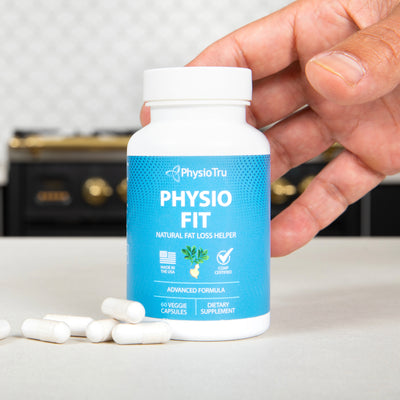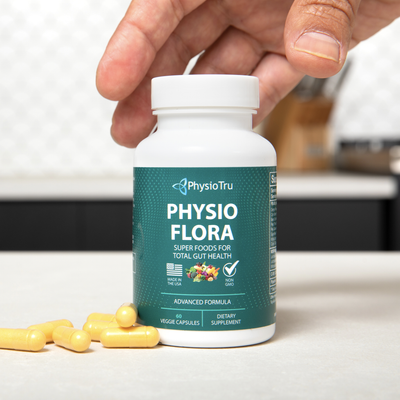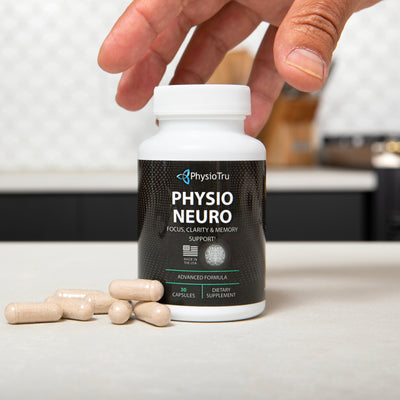There is little dispute that stroke survivors — and their caregivers — may suffer depression and a decreased quality of life after the survivor's stroke. Researchers have queried, though, whether there are facts that can protect survivors and their caregivers from that depression and decreased quality of life. One candidate? Spirituality.
Can a stroke survivor's belief in a higher power — or the spirtuality of a survivor's caregiver — help to protect survivors and caregivers from depression and decreased quality of life? This is the very question considered by a study published in the May 2020 edition of
Cardiovascular Quality and Outcomes called "Role of Spirituality on the Association Between Depression and Quality of Life in Stroke Survivor-Care Partner Dyads."
The study followed 213 pairs of stroke survivors (49% women) and caregivers discharged from 10 rehabilitation hospitals around Italy. Researchers excluded any survivor with pre-existing physical and cognitive impairment, severe organ failure, or cancer. The mean age of stroke survivors was just over 70; the mean age of their caregivers was just over 52 years old.
How was spirituality measured? Researchers used a World Health organization questionnaire using 32-items to consider spirituality from eight different perspectives: "spiritual connection, meaning in life, awe, wholeness and integration, spiritual strength, inner peace, hope and optimism, and faith." Each element was scored between and 100. Keep in mind that the study did not just consider a belief in God. Researcher Gianluca Pucciarelli from the University of Rome Tor Vergata in Italy said:
Spirituality is a set of dimensions that are part of the human soul," he said. Some of these dimensions include meaning to life, a sense of awe, strength, a feeling of wholeness and integration, inner peace, hope and optimism.
In general the researchers described their results this way: "our study found spirituality played a positive role for both survivors and care partners." Indeed, the greater the person's spirituality, the greater role it played in ameliorating the effect between symptoms of depression and poor quality of life.
More specifically, the researchers reached five conclusions:
- the survivor's spirituality moderately softened the association between the caregiver's depression and their physical quality of life
- a caregiver's high spirituality was positively associated with their own physical quality of life
- a survivor's high spirituality softened the association bewteen the caregiver's depression symptoms and the survivor's psychological quality of life
- a survivor's high spirituality softened the association bewteen the caregiver's depression symptoms and the caregiver's psychological quality of life
- a caregiver's high spirituality was positively associated with their own psychological quality of life.
One thing cemented by these results is this: caregivers and their experience of a survivor's stroke and recovery is an essential component of a survivor's own experience of recovery. In that critical mix, each person's degree of spirituality plays an apparently important role.
{{CODEhref_1683}}
{{CODEtrackinglink_1683}}





